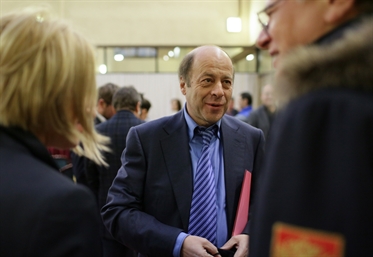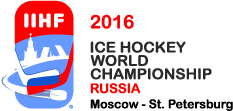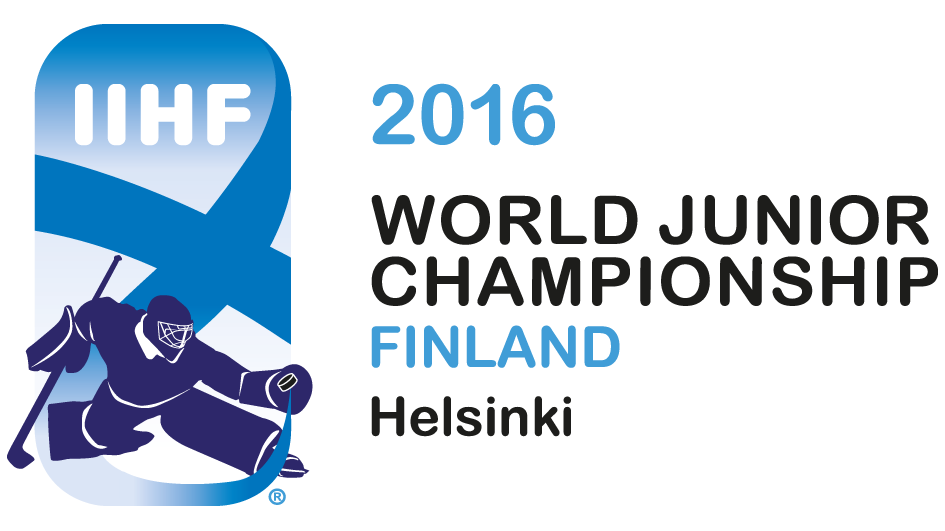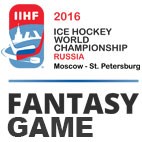Russians go green
Russians go green
Report on social and environment activities

 Alexander Polinski, Executive Director of the 2016 IIHF Ice Hockey World Championship Organizing Committee. Photo: Dmitri Rukhletski
Alexander Polinski, Executive Director of the 2016 IIHF Ice Hockey World Championship Organizing Committee. Photo: Dmitri Rukhletski
The most important priorities are the minimization of the impact on the environment caused by such an event as well as raising environmental awareness among all parties involved.
The environmental policy being one of the priorities of the organizing committee is characterized by diversity. The Russian organizer promotes the principles of respect to environment, brings up ecological questions specific for the sport industry and carries out target events aimed at solving environmental challenges.
The 2016 IIHF Ice Hockey World Championship is being held in accordance with the highest international environmental standards in six key areas being:
- Water
- Waste
- Energy
- Transport
- Logistics and
- Climate change
Here are a few areas will be discussed in detail:
1. Water
Is has been calculated that, according to the water consumption and waste water disposal norms, the use of water for household needs during the event will increase severely. Therefore among the mandatory criteria of environmental protection, the organizing committee will conduct the following measures:
- Reduction of water consumption for irrigation of surrounding areas such as collection, preparation and use of rainwater for landscape irrigation
- Reduction of domestic water use (regulated use of water-saving taps, cisterns, and end user water pressure control as well as regulation system).
- Equipping the venue with water consumption metering devises
- Use of automatic water saving systems
2. Waste
During the 2016 IIHF Ice Hockey World Championship, social works will be carried out to ensure the effective waste management at the event to minimize environmental pollution. In particular:
- Sanitary protection and waste elimination systems (primary waste sorting, use of sealed waste chutes and bins with independent mechanical ventilation) are implemented.
- Modern waste disposal systems are used
- Separate waste collection systems are implemented
3. Energy
To account energy consumption at the event, the organizing committee provides heating and electrical metering systems and top lightning technologies are used as following:
- Indoor premises of the venue and surrounding areas will be quipped, if necessary, with dynamic lightning systems
- Use of energy efficient lightning devices
- Refusal of the use of incandescent light bulbs and fluorescent lamps with flicker-frequency of 50Htz.
- Maximum use of daylight
Particular attention is paid to the problem of reduction of emissions of harmful substances into the atmosphere. In order to minimize the air pollution, the World Championship transportation service will include only vehicles corresponding to the Euro 5 emission standard. Such standard defines the permissible content of harmful substances in vehicle-exhausted gases. In addition and during the event, there will be a ban for the use of wood of tree species to be prohibited for cutting.
When selecting the official hotels for the 2016 IIHF Ice Hockey World Championship, the organizing committee was guided by the green standards principle e.g. that hotels use environmental-friendly materials and the equipment is selected according to the previously approved environmental requirements of energy consumption.
Thanks to the environmental friendly and social programs of the organizing committee, it is possible to install values in young people, for the love of their country but also the respect of traditions, history and achievements of Soviet and Russian hockey as well as paying attention to ecological challenges and respecting the environment.
Back to Overview














































































